What Are Dental Implants?
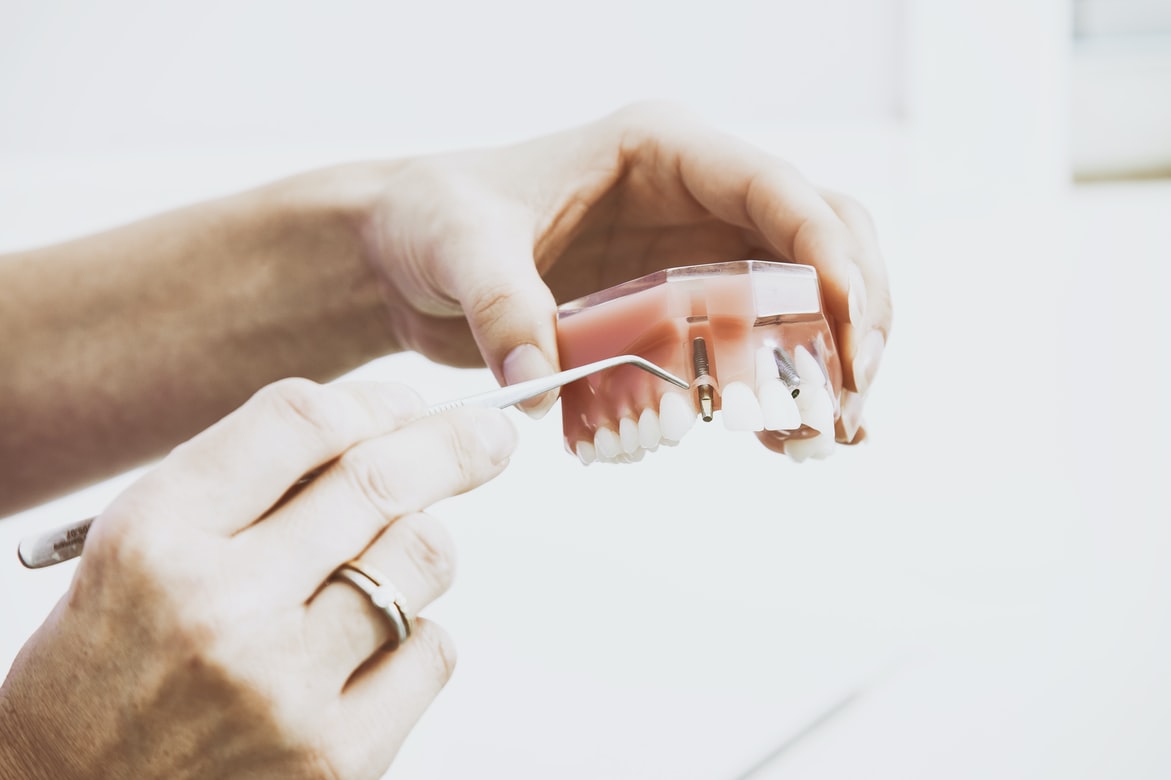
Dental implants are replacement tooth roots. Implants provide a strong foundation for fixed (permanent) or removable replacement teeth that are made to match your natural teeth. Success rates of dental implants vary, depending on where in the jaw the implants are placed but, in general, dental implants have a success rate of up to 98%. With proper care implants can last a lifetime.
So, let’s discuss proper care for your dental implants.
1. Don’t Delay Aftercare
Dental implants aftercare begins immediately after the procedure. The first thing to do is to avoid hot food and drinks as they can exacerbate the stress on your mouth tissue. The tissue around the site of your implants will need some time to heal, so it’s best to avoid disturbing it. How long to avoid depends on the recommendations of your dentist. What’s more, right after the procedure, when anesthetic still works, don’t eat solid food.
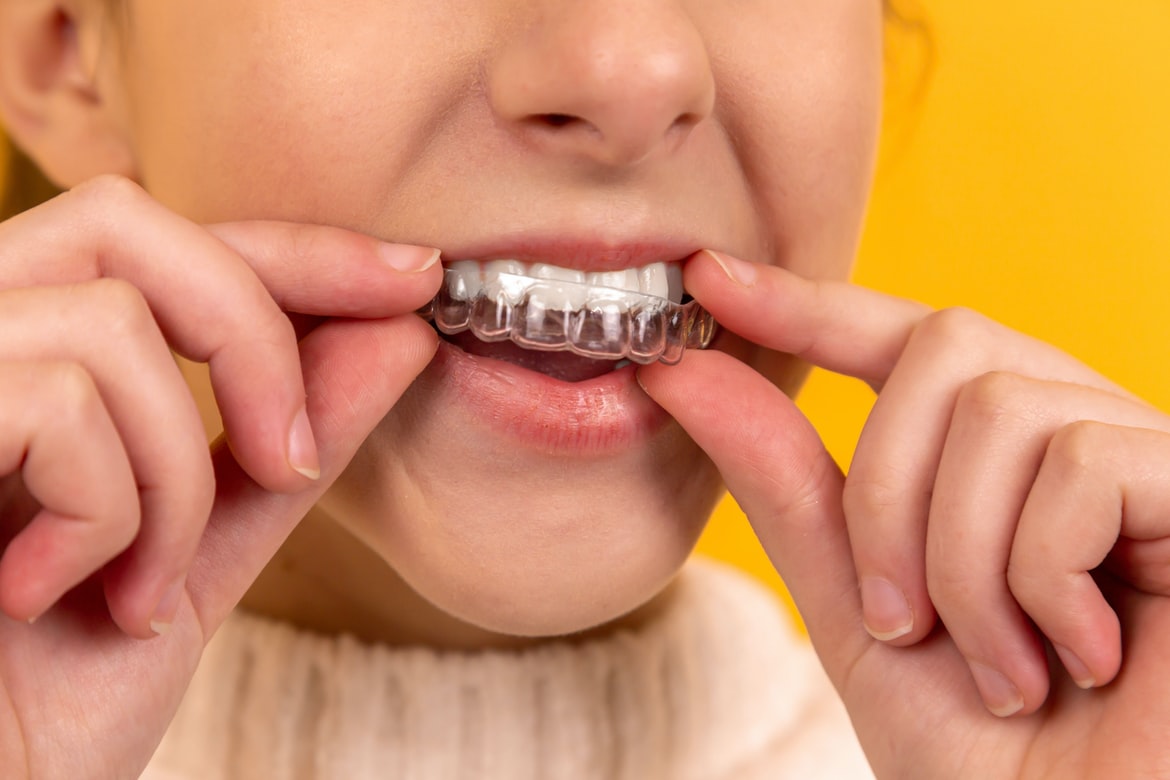
Your best approach will be to sip cold water. Cold water will ease the swelling and some of the discomfort in your mouth for the first period of 24-48 hours. By sipping it, you will be able to reduce any disturbance to the surgical site even further.
2. Treat Discomfort and Swelling
You may have some swelling and/or bruising following your treatment – this usually reaches a peak two to three days later. This is quite normal and both will subside naturally after a few days. Swelling can be reduced with ice packs wrapped in a towel. Hold on the cheek area for a maximum of ten minutes at a time with twenty minutes’ break. After twenty-four hours, gentle heat is more beneficial. Sleeping propped up slightly on two to three pillows may also help.
Pain should not be a big problem. Although you may be sore for a few days after any surgery in your mouth, this can be easily managed with painkillers. You should take these regularly at the maximum stated dose for the first two days after your surgery. Take whatever painkillers you normally take for headaches, aches, and sprains (ibuprofen and paracetamol make a good combination), and take your first dose before the local anesthetic has completely worn off.

3. Watch Your Oral Hygiene
No doubt good tooth brushing is the key to dental health. But after the dental implant procedure, your wounds around the implants are likely to be too sensitive for regular brushing, that’s why it is recommended to use a small headed toothbrush with super soft and flexible bristles. In general, waiting a few days before brushing around the dental implant site is fine. Brushing around your remaining teeth should be continued as normal, beginning on the same night as your procedure.
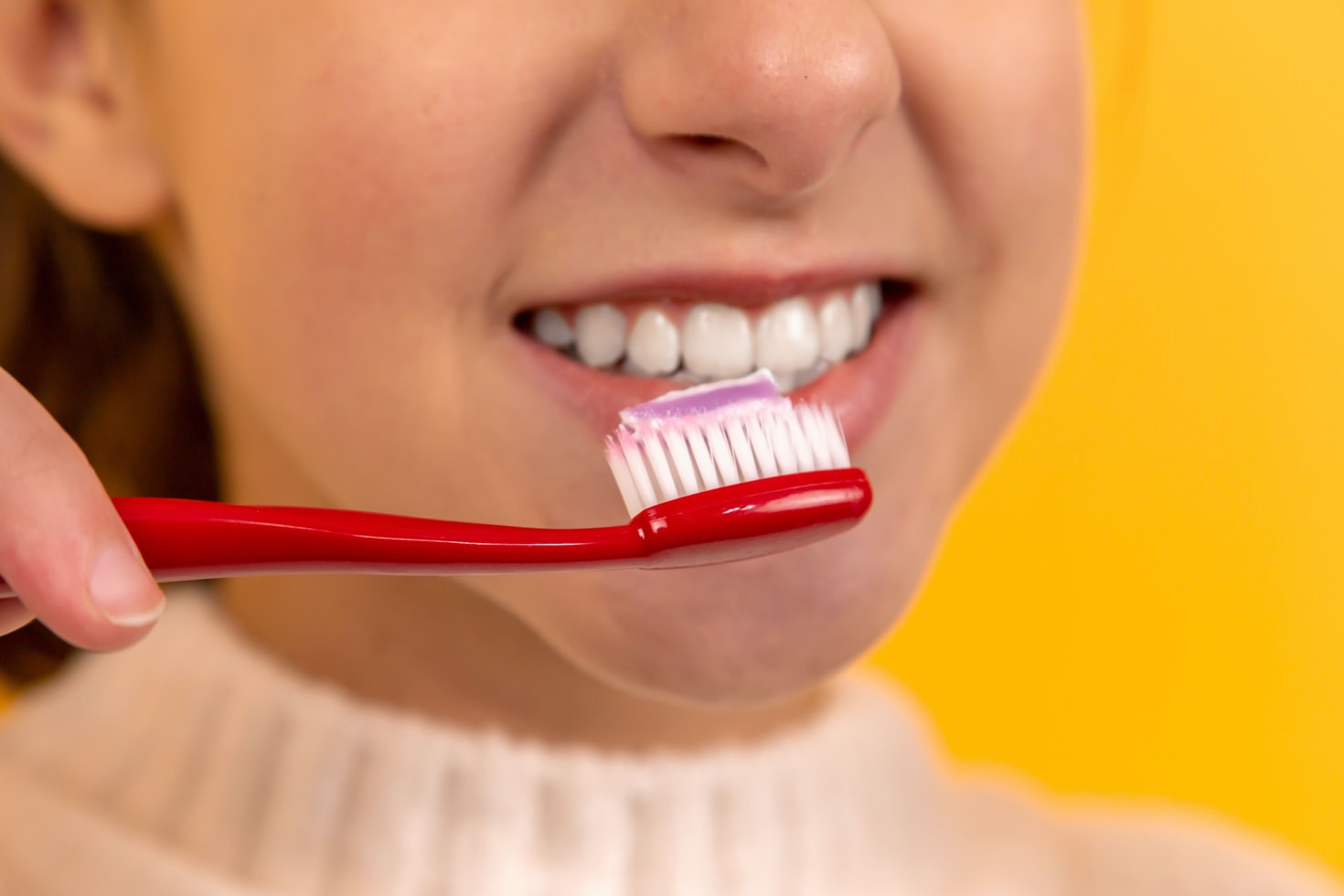
Just like brushing your teeth, flossing is also a thing you need to maintain even with your implants. Flossing ensures food leftover or plaque won’t become stuck in between your teeth. Of course, your new dental implant should be allowed to settle before you floss around it. But your other teeth should be good to go. Your specialist will be able to give you some more specific advice in this regard – so don’t be afraid to ask.
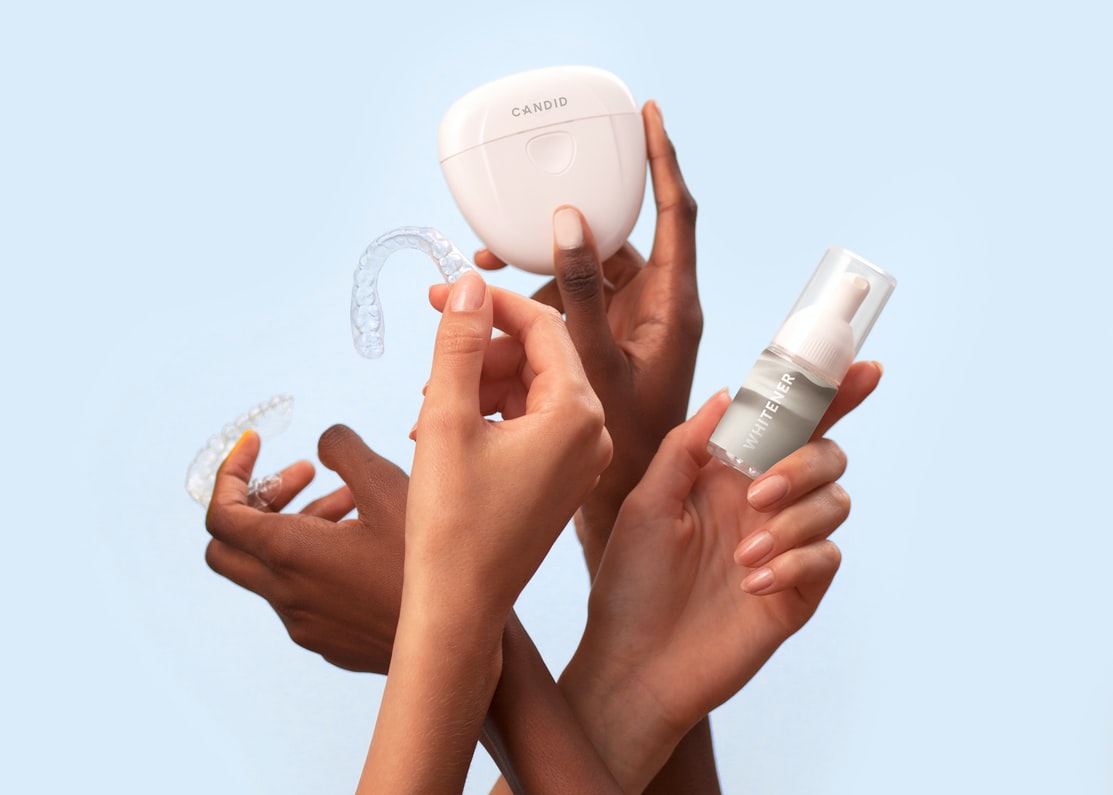
Hot salt mouthwashes (a cup of hot water with a teaspoon of salt) are very beneficial for healing in the first week. It is a basic antiseptic solution. This will reduce bacterial activity in your mouth. As a result, the likelihood of complications will be drastically reduced. Ensure that the mouthwash is not so hot that it scalds and then hold the hot mouthwash over the surgical site until it cools. Repeat as often as possible.
4. Avoid Bad Habits
Smoking and drinking alcohol is always bad for your health. That includes your dental health, too.
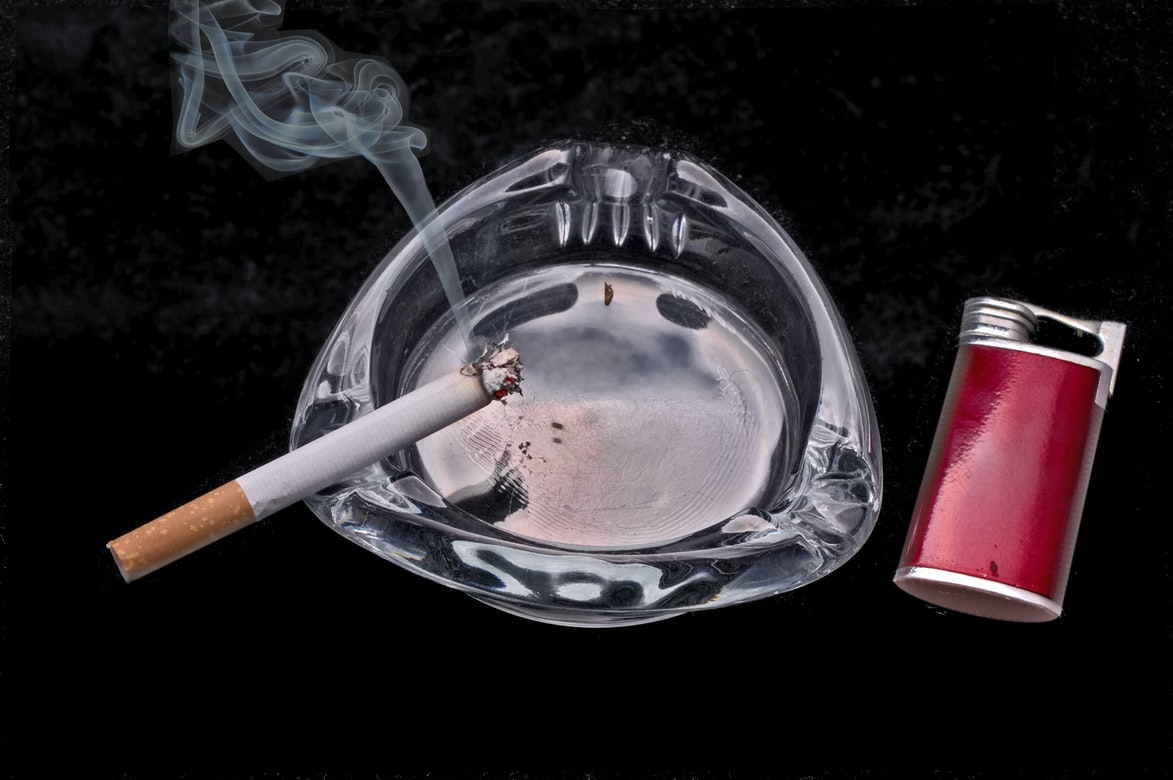
Nicotine in cigarette smoke has always been detrimental to your gum health. All the more it is dangerous to your implants especially during the first six months of healing since it reduces the blood supply to your gums.
Alcohol is also known to slow down the healing process.
If you want to recover fast and maintain good gum and dental health, just simply say no to your bad vices.
5. Visit Your Dentist
Finally, it is important to make it to all of your scheduled dental checkups. During a dental checkup, the dentist can examine your mouth, conduct an oral examination and various testing procedures and ensure there are not any oral health concerns.
Also, a routine dental cleaning schedule can prevent tooth decay, gum complications and various other oral health problems. This upkeep is important following a dental implant procedure.
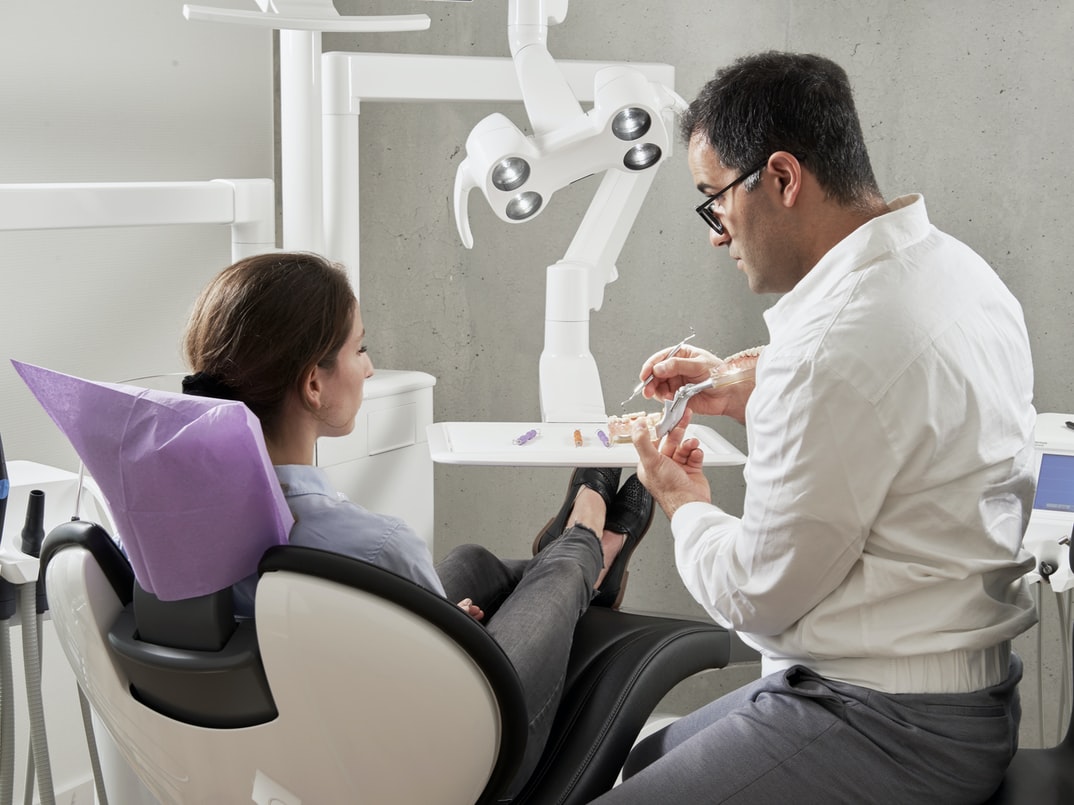
All in all, dental surgery is not the most serious one but it still has some rules to follow. We hope these aftercare tips will ensure a smooth recovery after the procedure and help you feel good with new implants. Stay healthy!